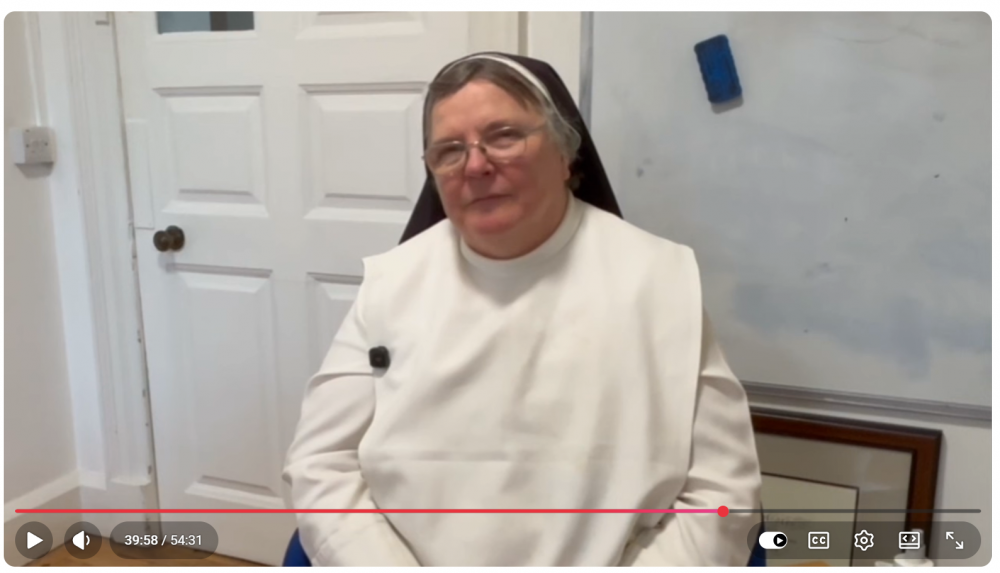
Faith, Reason, and Vocation
Sr. Tamsin Geach, OP reflects on her journey of faith, her vocation as a Dominican sister, and the family heritage that shaped her intellectual and spiritual life. In this interview, she speaks candidly about discernment, religious community, and the interplay of faith and reason across generations.
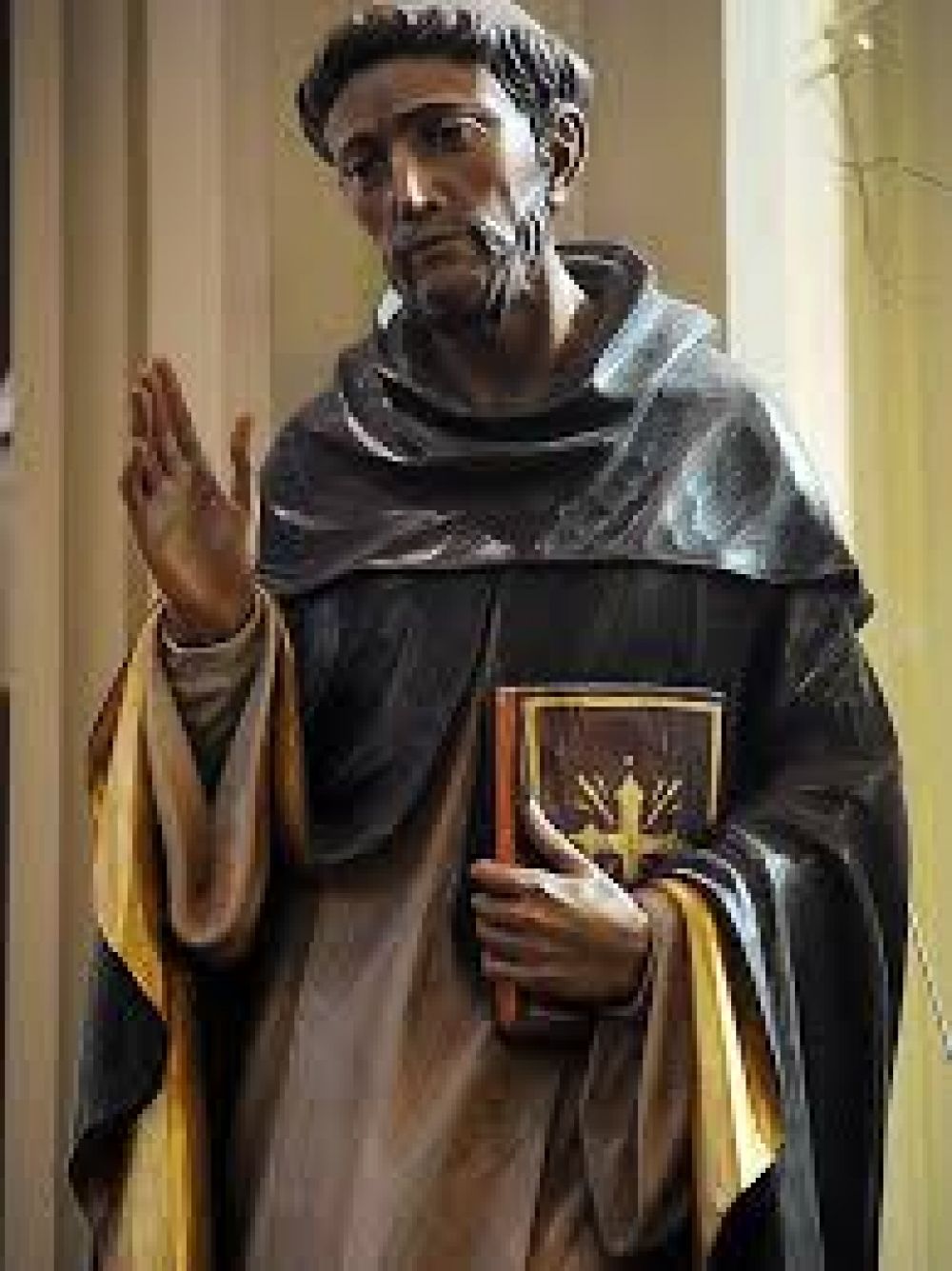
Love such that we cannot understand Part II
I’d like to beginning with a bit of a recap on the material we have been reflecting on this morning: you’ll remember that, after having shown why the death of Christ was the most suitable means of human salvation, Thomas narrows the focus, as it were, and concentrates on the manner of this death: why did Jesus have to be crucified, specifically.[1] Here we have, of course, an example of the kind of exegesis in which according to the concept of the multiple senses of scripture our Medieval forbears would have taken for granted, a straightforward historical fact –
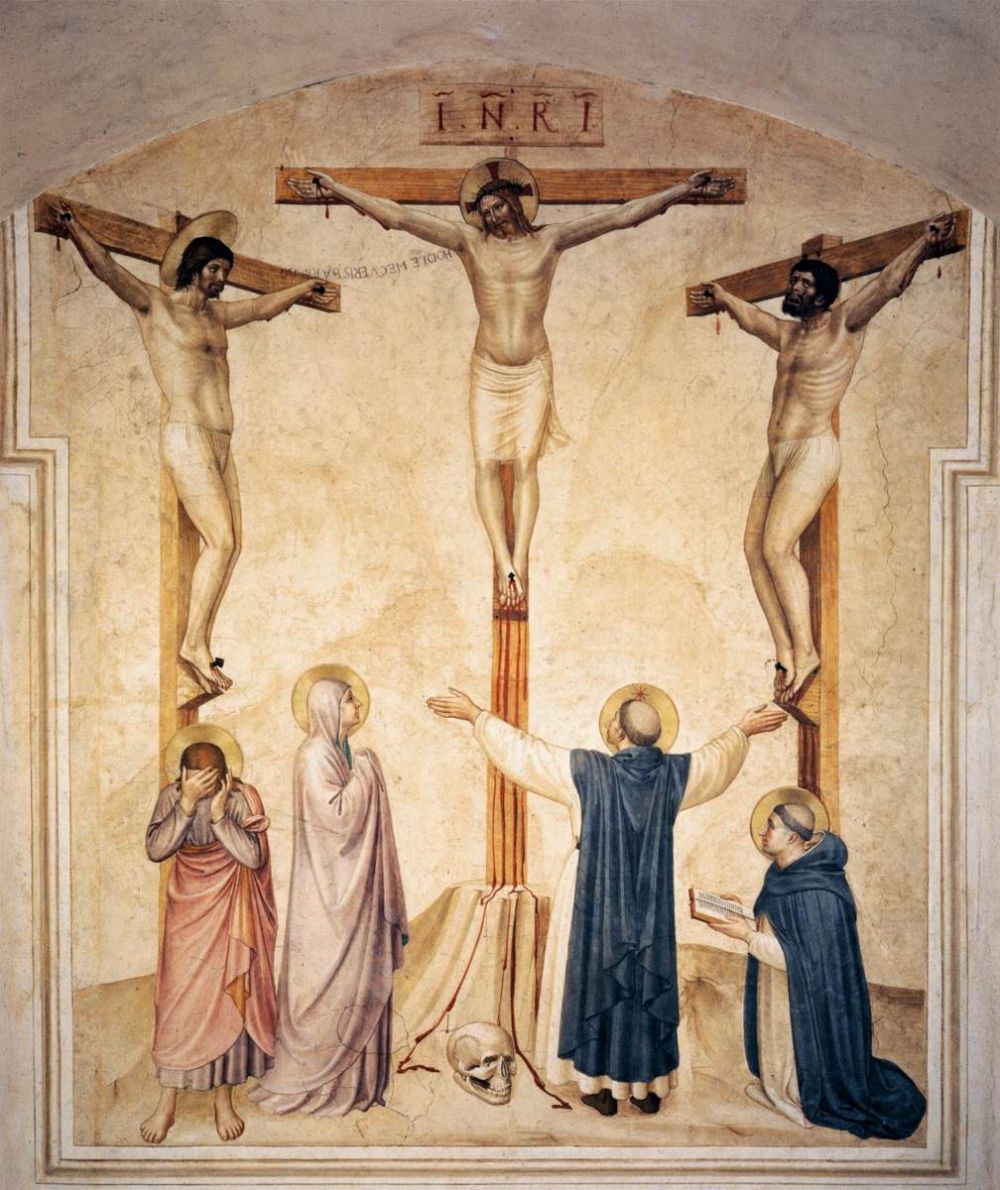
Love such that we cannot understand Part I
This is the text of a talk given by Sr Ann Catherine at a St Thomas weekend at Douai Abbey. Participants shared in the Monastic liturgy and spent time discussing the thought of St Thomas Aquinas. If you would be interested in attending a weekend of this type, please be in touch here: https://stonedominicans.org/en/contact-us-2 , and we will put you on our mailing list
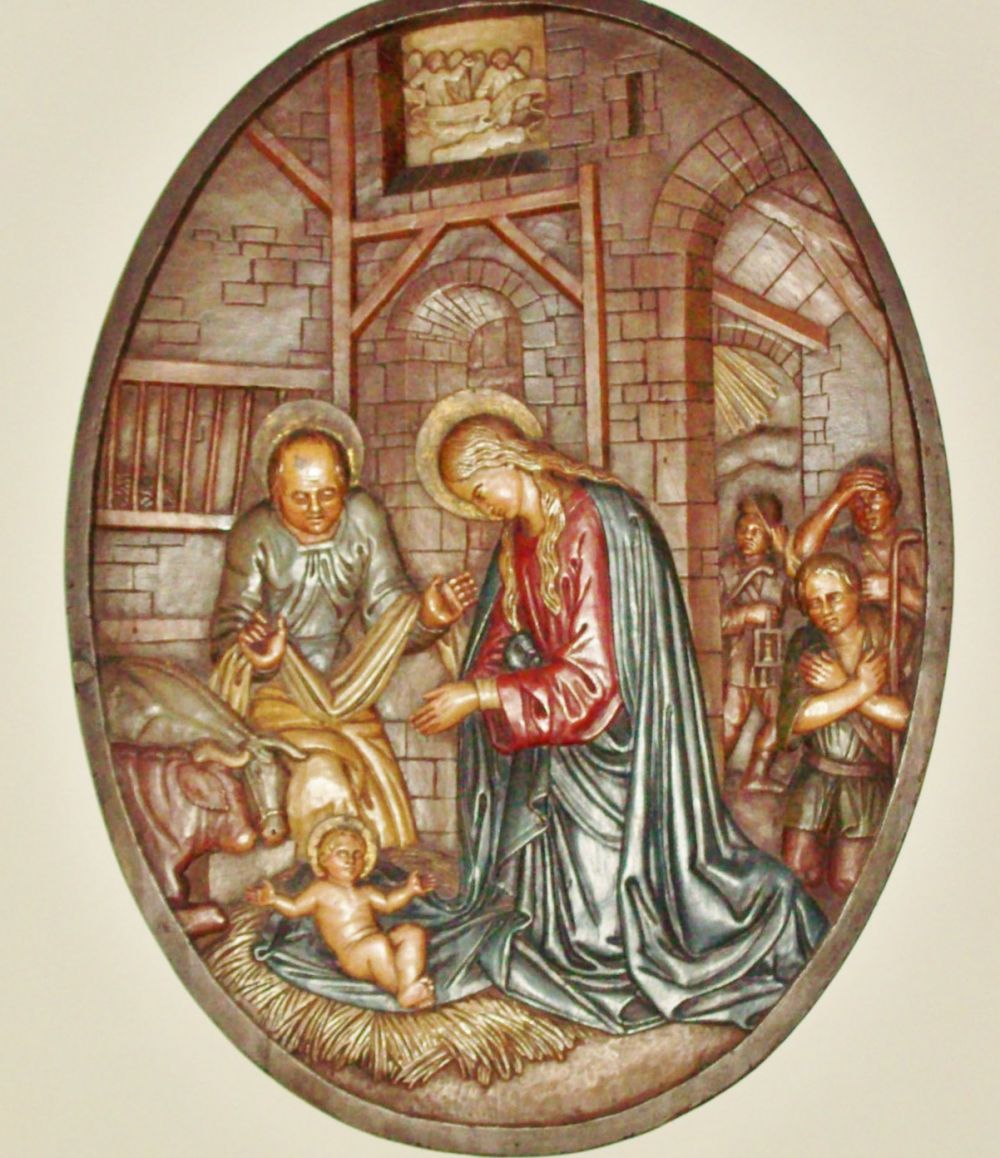
The Nativity
St. John begins his Gospel with words that are both beautiful and mysterious:
“In the beginning was the Word, and the Word was with God, and the Word was God.” [Jn 1:1]
He tells us that all things were made through this Word, that the Word is Light and Life, and then he announces the heart of the Gospel:
“The Word was made flesh and dwelt among us, and we have seen His glory.” [Jn 1:14]
This is the mystery we call the Incarnation: that God the Son truly took on our human nature, entered into time, and lived among us in order to give us grace and to reveal the Father.
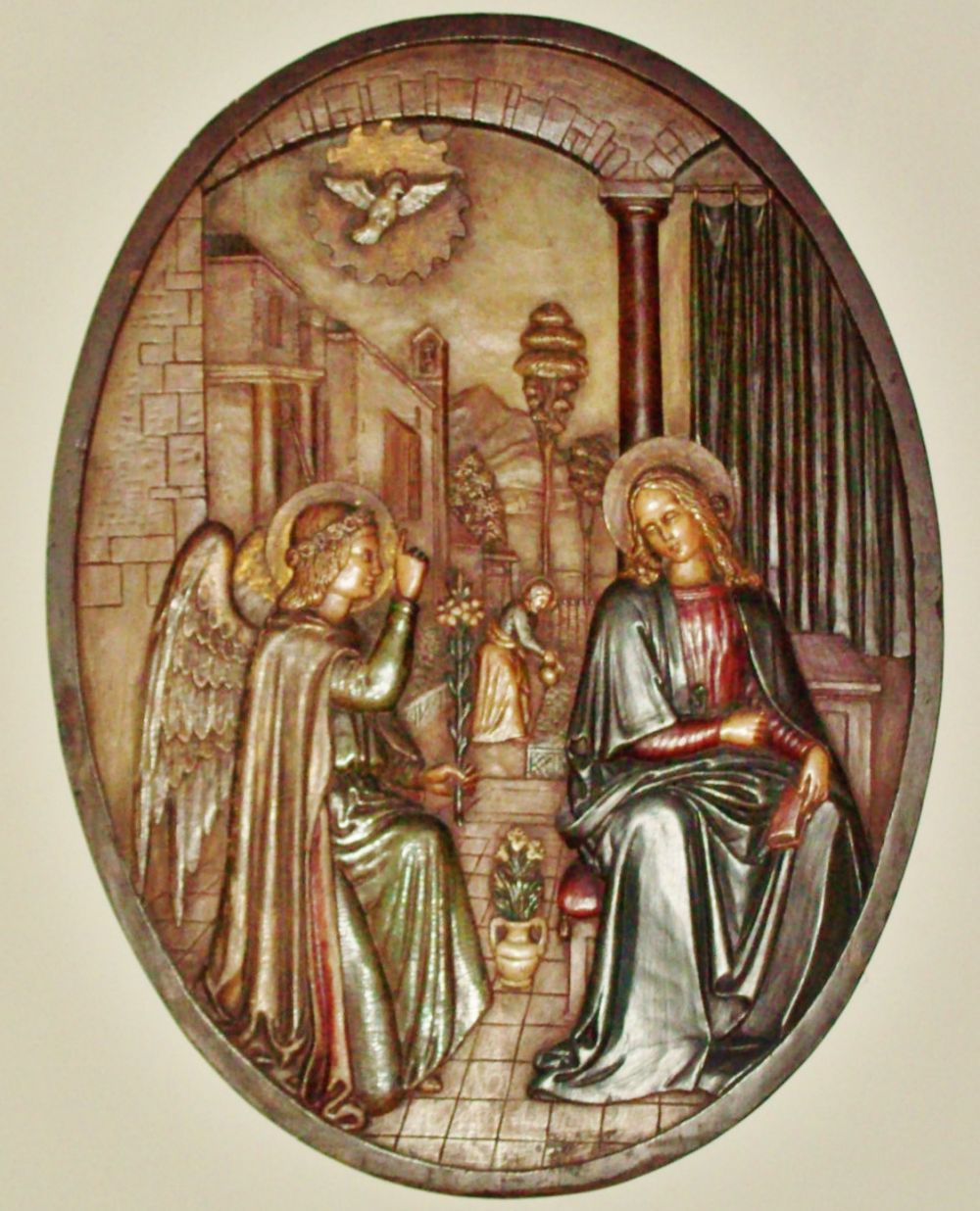
The Annunciation
Of course, it’s easy to see how Mary conceiving Jesus makes preaching the Good News possible. When the holy one who is to be born of her grows up, he will proclaim, and he will send his apostles to proclaim, the Gospel. But I want to explore just a little of what it might mean to say how the Annunciation itself, Gabriel interrupting Mary’s day to tell her that she will be the mother of a Son who will have only God for his Father, is Good News.